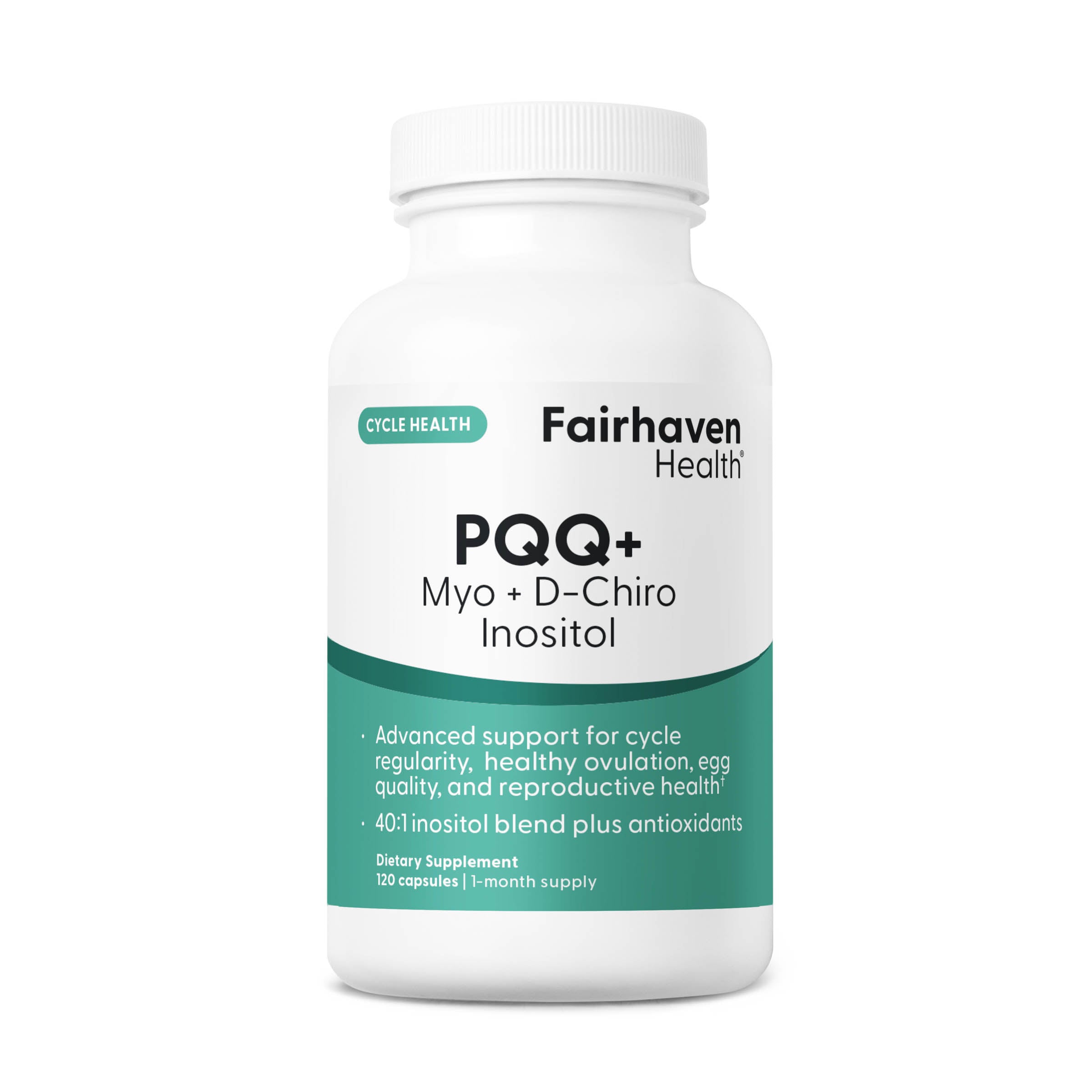If you follow the news related to nutrition and fertility, you might have heard that gluten (a protein substance found in wheat and other cereal grains) sensitivity and/or celiac disease (a disease of the small intestine caused by gluten intolerance) may be linked to infertility and/or irregularities with the menstrual cycle. Research studies have shown that women with gluten sensitivity are more likely to experience:
- Delays in menstruation
- Amenorrhea
- Miscarriage
- Gynecological and obstetric complications
- Low birth weight
Gluten sensitivity can affect if and how your body absorbs vitamins and nutrients – crucial components to a woman's reproductive health. Without proper food absorption, a woman's hormones may not function as they should, which could cause irregular menstruation and/or ovulation. Suboptimal nutrient absorption may impact the ability of a woman to conceive, and might also impact the health of a fetus (e.g. low birth weight) due to insufficient availability of nutrients.
Polycystic Ovary Syndrome and the Gluten Connection
Polycystic Ovary Syndrome, also known as PCOS, is a hormonal imbalance that can adversely affect fertility due to an inconsistent menstruation cycle. Most women with PCOS have many small cysts on their ovaries, but also experience a cluster of symptoms ranging from excessive hair growth to insulin resistance.
One nutritionist that works closely with women dealing with PCOS noted that at least 85% of her PCOS patients tested positive for some form of gluten sensitivity. That is HUGE! Those that went gluten-free saw a reduction in their PCOS symptoms (and even lost weight which can be tough with PCOS).
Fertility issues caused by gluten sensitivity are not just for women...gluten sensitivity may also be linked to low sperm count, motility and morphology.
All in all, gluten sensitivity is becoming more common in our society. If you're experiencing issues conceiving, it may be worth getting tested for a gluten allergy.







